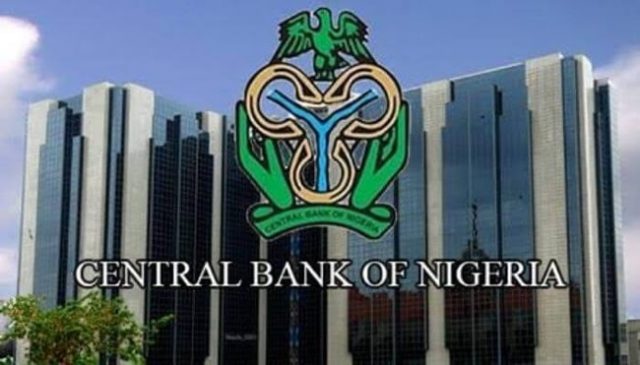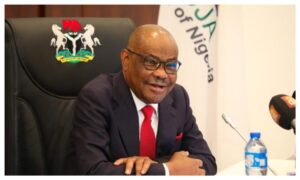In a recent development, the Central Bank of Nigeria (CBN) has announced it will maintain its Ways and Means Advances limit at 5% for the fiscal years 2024-2025. This decision comes despite a recent bill passed by the National Assembly, which raised the borrowing limit from 5% to 10%.
Ways and Means Advances are short-term loans provided by the CBN to the Nigerian government to help cover budget deficits. These loans are typically used during periods when the government faces temporary shortfalls in revenue. The loans are subject to legal limits and are intended to be repaid by the end of the fiscal year in which they are granted.
The CBN’s decision to stick with the 5% limit is outlined in the Monetary, Credit, Foreign Trade, and Exchange Policy Guidelines for the 2024-2025 fiscal years. According to these guidelines, the CBN will continue to offer Ways and Means Advances to the federal government, but only up to 5% of the previous year’s revenue. The guidelines also emphasize that these advances should be repaid by the end of the year in which they are issued.
The policy aligns with the CBN’s broader objectives of maintaining macroeconomic stability and managing financial expectations. It also reflects a cautious approach to managing government debt and financial practices.
The decision to adhere to the 5% limit contrasts sharply with the National Assembly’s recent move to double the borrowing limit. The Assembly’s bill was aimed at providing the government with more flexibility to manage its budget. However, the CBN’s decision to maintain the lower limit suggests a preference for stricter controls on government borrowing.
The new policy also specifies that the calculation of these advances will take into account the federal government’s consolidated cash position, including sub-accounts of various government agencies linked to the Consolidated Revenue Fund.
The CBN’s decision comes in the wake of significant controversy surrounding its previous practices. In 2023, former CBN Governor Godwin Emefiele faced criticism for allegedly approving N22.7 trillion in Ways and Means Advances without proper National Assembly approval. This large amount was believed to contribute to high inflation and increased money circulation in the economy.
In response to past controversies, current CBN Governor Olayemi Cardoso has stated that the bank will cease issuing new Ways and Means Advances until existing loans are repaid. This measure is part of a broader strategy to address economic challenges and ensure more responsible financial management.
The CBN’s choice to uphold the 5% borrowing limit reflects a commitment to cautious fiscal management and economic stability. While it diverges from the National Assembly’s recent decision to raise the borrowing cap, it underscores the CBN’s role in managing government finances and maintaining economic stability in Nigeria.







